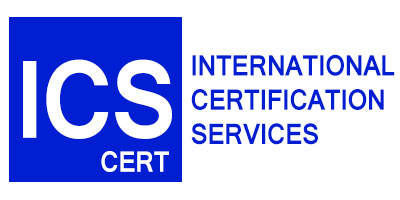Certification, a type of conformity assessment, is written assurance provided by an independent body that a product, process, service, person, or management system meets specific requirements (often those contained in a standard).
TUV-CERT is a certification body and does certify any product, process, service, person, or management system. A certification or test result issued by an accredited conformity assessment body (such as a certification body, testing laboratory, inspection body, proficiency test provider ..
Read More

